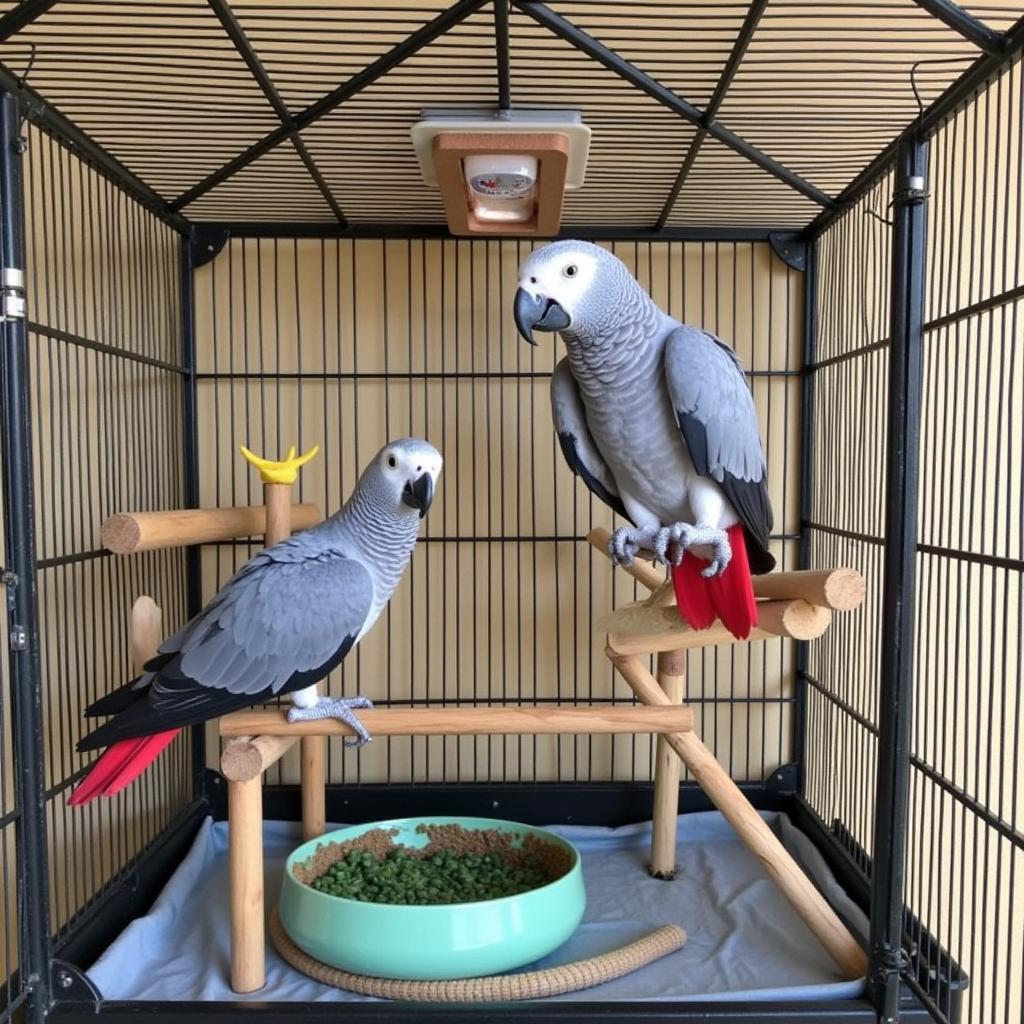Understanding African American Mature Hairlines
African American Mature Hairlines are a unique and often misunderstood aspect of Black hair care. This article explores the common causes, effective treatments, and styling tips for maintaining healthy and vibrant hair as we age.
The Science Behind African American Mature Hairlines
Changes in hairline are a natural part of the aging process, but for many African American women and men, these changes can be more pronounced and begin earlier in life. Genetics plays a significant role, but so do styling practices, environmental factors, and underlying health conditions.
Hair follicles, particularly along the hairline, become more sensitive to the hormone dihydrotestosterone (DHT) as we age. This sensitivity can lead to miniaturization of the hair follicles and eventually, hair loss. Traction alopecia, caused by tight hairstyles that pull on the hair follicles, is another common contributor to receding hairlines in the African American community. Braids, weaves, and tight ponytails can all contribute to this issue over time. Further exacerbating the issue can be certain health conditions such as hypothyroidism or lupus, which can impact hair growth and lead to thinning hair.
Addressing Hairline Concerns: Treatments and Solutions
Fortunately, there are numerous options available to address hairline concerns. These range from simple lifestyle changes to medical interventions. A balanced diet rich in vitamins and minerals like iron, zinc, and biotin is crucial for healthy hair growth.
Managing stress through relaxation techniques like yoga or meditation can also positively impact hair health. Topical treatments containing minoxidil can help stimulate hair growth, while prescription medications like finasteride may be an option for those experiencing significant hair loss. In some cases, procedures like hair transplants or platelet-rich plasma (PRP) therapy can be effective in restoring hair growth in affected areas.
“Diet and lifestyle play a pivotal role in maintaining a healthy hairline,” says Dr. Anika Nkosi, a dermatologist specializing in hair loss. “Addressing nutritional deficiencies and managing stress can make a significant difference.”
Styling Tips for a Fuller Hairline
Choosing the right hairstyle can make a world of difference in camouflaging a receding hairline and creating the illusion of fuller hair. Low-manipulation styles that minimize stress on the hairline are key. Think loose braids, twist-outs, or bantu knots. Avoiding tight hairstyles that pull on the edges is essential.
Using edge control products sparingly can also help prevent damage to the delicate hairs along the hairline. Consider incorporating hair accessories like headwraps, scarves, or hats to protect your hair from the elements and add a stylish touch to your look.
“Embrace protective styles that promote hair growth and minimize stress on the hairline,” advises celebrity hairstylist Jamal Davis. “Experiment with different looks that flatter your face shape and enhance your natural beauty.”
Conclusion: Embracing Your Natural Crown
Understanding the factors that contribute to African American mature hairlines empowers individuals to make informed decisions about their hair care. By adopting healthy habits, exploring appropriate treatments, and embracing flattering hairstyles, you can maintain a vibrant and healthy head of hair throughout your life. Remember, your hair is your crown, and embracing its natural beauty is key to confidence and self-acceptance.
FAQ:
- What are the common causes of receding hairlines in African Americans?
- How can I prevent further hairline recession?
- Are there any natural remedies for stimulating hair growth?
- What are the best hairstyles for camouflaging a receding hairline?
- What are the pros and cons of hair transplant surgery?
- What are the best products for maintaining a healthy hairline?
- How can I find a dermatologist specializing in hair loss?
Other related articles on our website include:
- The Ultimate Guide to African American Hair Care
- Understanding Traction Alopecia
- Nutritional Deficiencies and Hair Loss
For further assistance, please contact us at Phone Number: +255768904061, Email: [email protected] or visit us at Mbarali DC Mawindi, Kangaga, Tanzania. We have a 24/7 customer service team.


